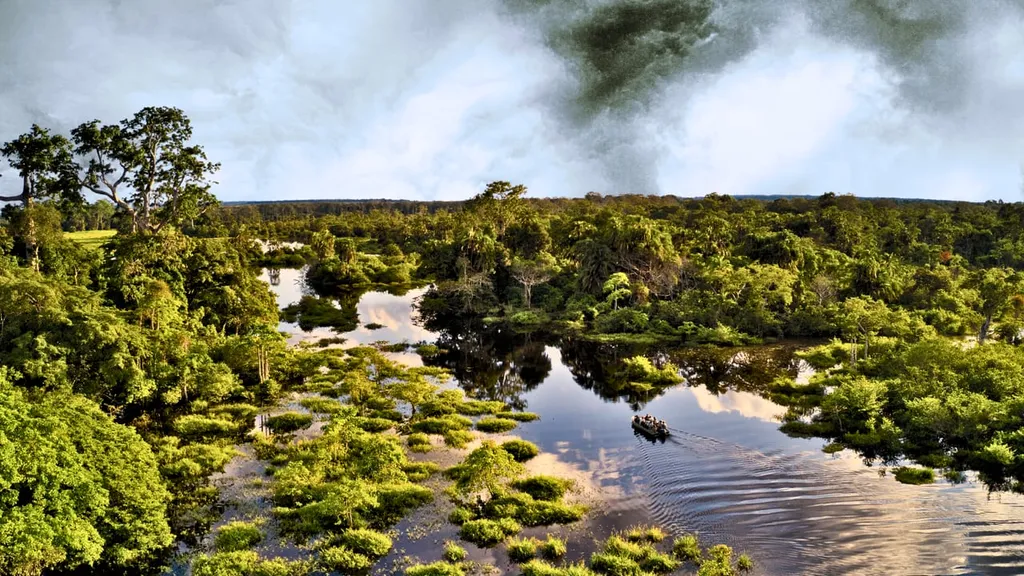In the heart of the Democratic Republic of Congo (DRC), a delicate balance is being disrupted. Marshlands, vital yet fragile ecosystems, are being cleared and drained annually to make way for agriculture. This practice, driven by the economic allure of rich alluvial soils, is raising concerns about sustainability and livelihood security. New research published in the *Journal of Agriculture, Food Systems, and Community Development* (translated from French as “Journal of Agriculture, Food Systems, and Community Development”) sheds light on this complex issue, offering insights that could reshape agricultural practices in these critical regions.
Arsene Balasha, a researcher from the University of Lubumbashi, has delved into the intricacies of marshland agriculture in South Kivu Province. His work highlights the economic and agronomic interest these marshes hold for rural communities. “Marshes contain rich alluvial soils with high organic matter and nutrient content, enriched by runoff from nearby hills,” Balasha explains. This makes them prime targets for farming, despite their fragile nature.
The study differentiates between various types of wetlands, including peatlands, swamps, inland valleys, and marshes, each with its unique characteristics and ecological significance. Balasha’s focus on marshes underscores their importance as water-saturated soils dominated by herbaceous plants like grasses and reeds. These ecosystems provide a wide range of services that support ecological stability and community livelihoods.
However, the annual clearing and draining of these marshes for crop fields raise critical questions about sustainable management. Balasha’s research aims to understand what drives this practice despite the ecological risks. “The economic potential of these lands is undeniable,” he notes, “but we must consider the long-term impacts on these fragile ecosystems.”
The findings have significant implications for the energy sector, particularly in terms of commercial impacts. Wetlands play a crucial role in carbon sequestration and water purification, services that are vital for sustainable energy production. As the world increasingly turns to renewable energy sources, the preservation of these ecosystems becomes even more critical.
Balasha’s research suggests that rethinking agricultural practices in these regions could lead to more sustainable management and secure livelihoods. By understanding the drivers behind marshland agriculture, policymakers and communities can work towards balancing economic needs with ecological preservation.
This study not only highlights the importance of marshes but also calls for a more nuanced approach to agriculture in fragile ecosystems. As Balasha’s work gains traction, it could shape future developments in the field, promoting practices that are both economically viable and ecologically sustainable. The *Journal of Agriculture, Food Systems, and Community Development* provides a platform for such critical discussions, fostering a deeper understanding of the interplay between agriculture, ecosystems, and community livelihoods.
In an era where sustainable practices are more important than ever, Balasha’s research offers a timely reminder of the delicate balance between economic development and ecological preservation. As the world grapples with the challenges of climate change and resource depletion, studies like these are crucial in guiding us towards a more sustainable future.

